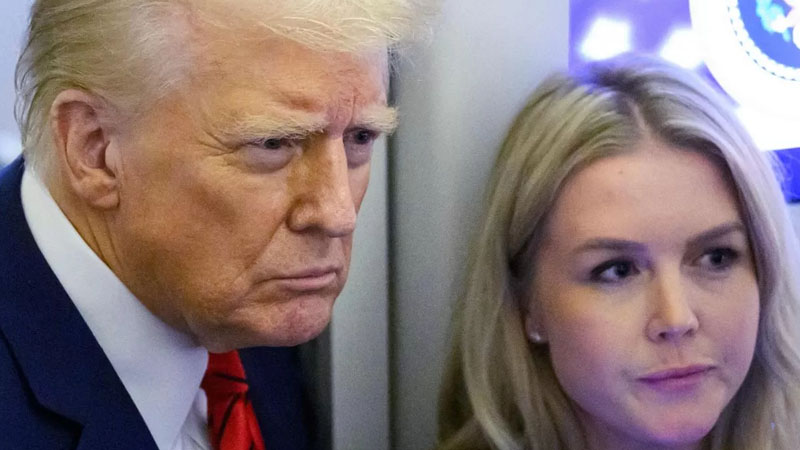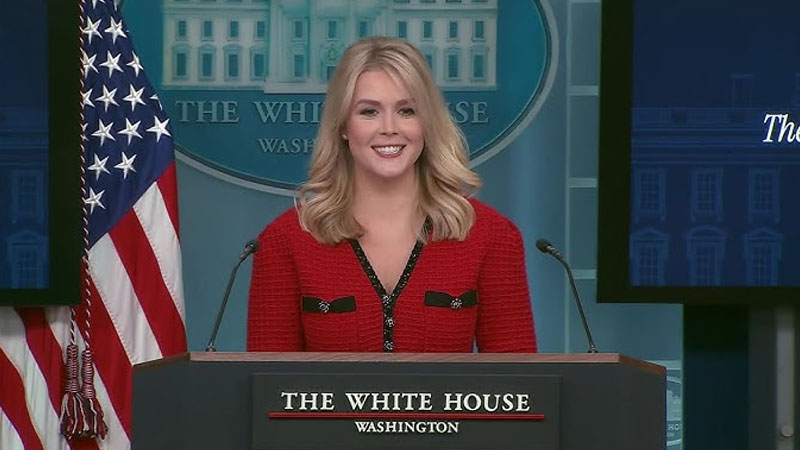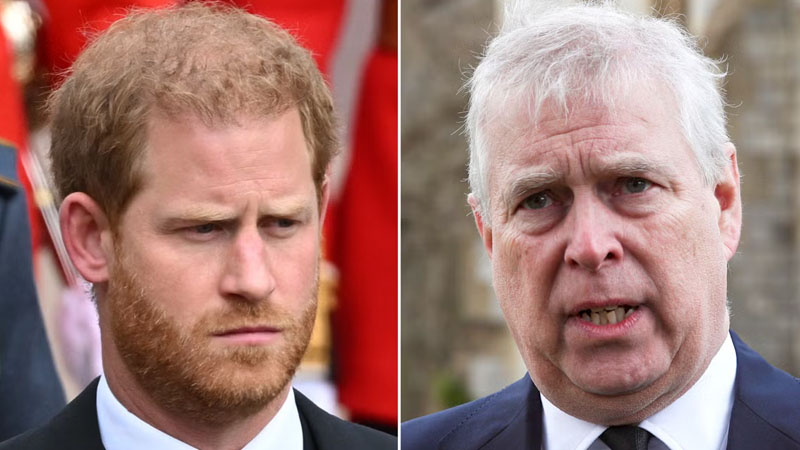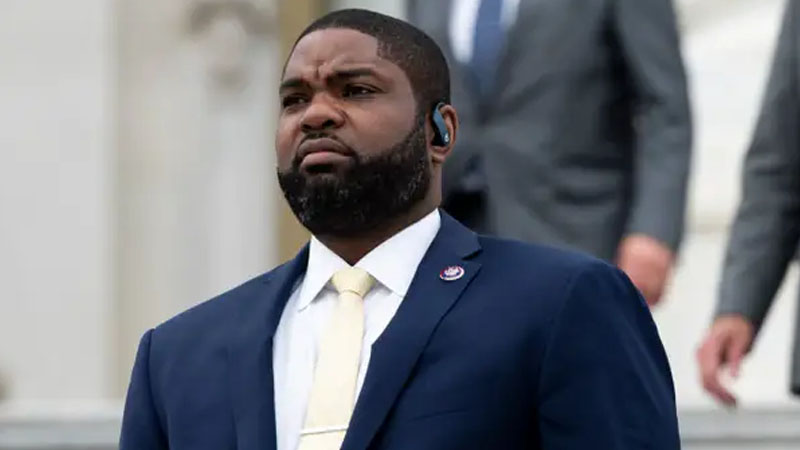Karoline Leavitt Defends Trump’s Gaza Plan, Dismisses Concerns Over U.S. Involvement

(Image: AFP via Getty Images)
White House Press Secretary Karoline Leavitt pushed back forcefully on Wednesday when asked about President Donald Trump’s controversial proposal to occupy the Gaza Strip and invest billions into transforming it into the “Riviera of the Middle East.”
During a press briefing, a reporter questioned how Trump’s vision for Gaza aligns with the “America First” policies that helped secure his re-election. The inquiry came after Trump suggested that his administration would oversee the reconstruction of Gaza in partnership with regional allies.
Leavitt immediately dismissed the question, asserting that Trump’s approach was an example of the “out-of-the-box” thinking that his supporters admire. “I would reject the premise of your question that this forces the United States to be entangled in conflicts abroad,” she snapped. “The president has not committed to putting boots on the ground in Gaza. He has also said that the United States is not going to pay for the rebuilding of Gaza.”
She went on to insist that the plan does not contradict Trump’s nationalist agenda because it relies on regional partnerships rather than direct U.S. funding. “His administration is going to work with our partners in the region to reconstruct this region. And let me just take a step back here, because this is an out-of-the-box idea,” she lectured. “That’s who President Trump is, that’s why the American people elected him, and his goal is lasting peace in the Middle East for all people in the region.”

Trump’s proposal has sparked widespread debate, with critics arguing that such a project would inevitably entangle the U.S. in another prolonged foreign engagement. Others have questioned the feasibility of turning a war-torn territory into a luxury destination, particularly given the ongoing humanitarian crisis in Gaza.
Despite Leavitt’s assurances that the U.S. would not foot the bill, skepticism remains about how Trump’s administration would secure funding and cooperation from regional players. Many foreign policy experts warn that even a U.S.-led coalition would require significant American involvement, both diplomatically and financially.
As Trump moves forward with his plans, tensions over his administration’s approach to the Israeli-Palestinian conflict continue to grow. While Leavitt attempted to frame the idea as a bold new vision for peace, critics see it as yet another unpredictable and controversial move in Trump’s foreign policy playbook.


